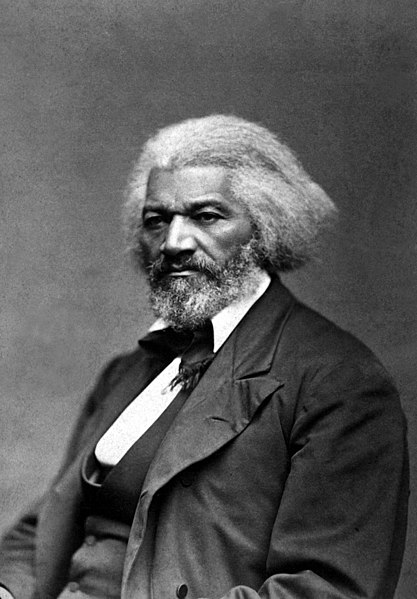Never in the history of the United States has public opinion changed so swiftly regarding an historical figure—absent the discovery of new information about the individual’s character or actions—than is the case with Robert E. Lee.
Almost instantly after his surrender, he became “universally admired even by those who had no sympathy toward the cause for which he fought.”[1] These sentiments also prevailed throughout the 20th century. Teddy Roosevelt, John F. Kennedy, Lyndon Johnson, Ronald Regan and countless others held him in high esteem. He was, according, to Franklin Delano Roosevelt, “one of our great American Christians and one of our greatest American gentlemen.”[2] Winston Churchill wrote that Lee was “one of the noblest Americans who ever lived, and one of the greatest captains known to the annals of war.”[3]
Continue reading “Robert Edward Lee”
